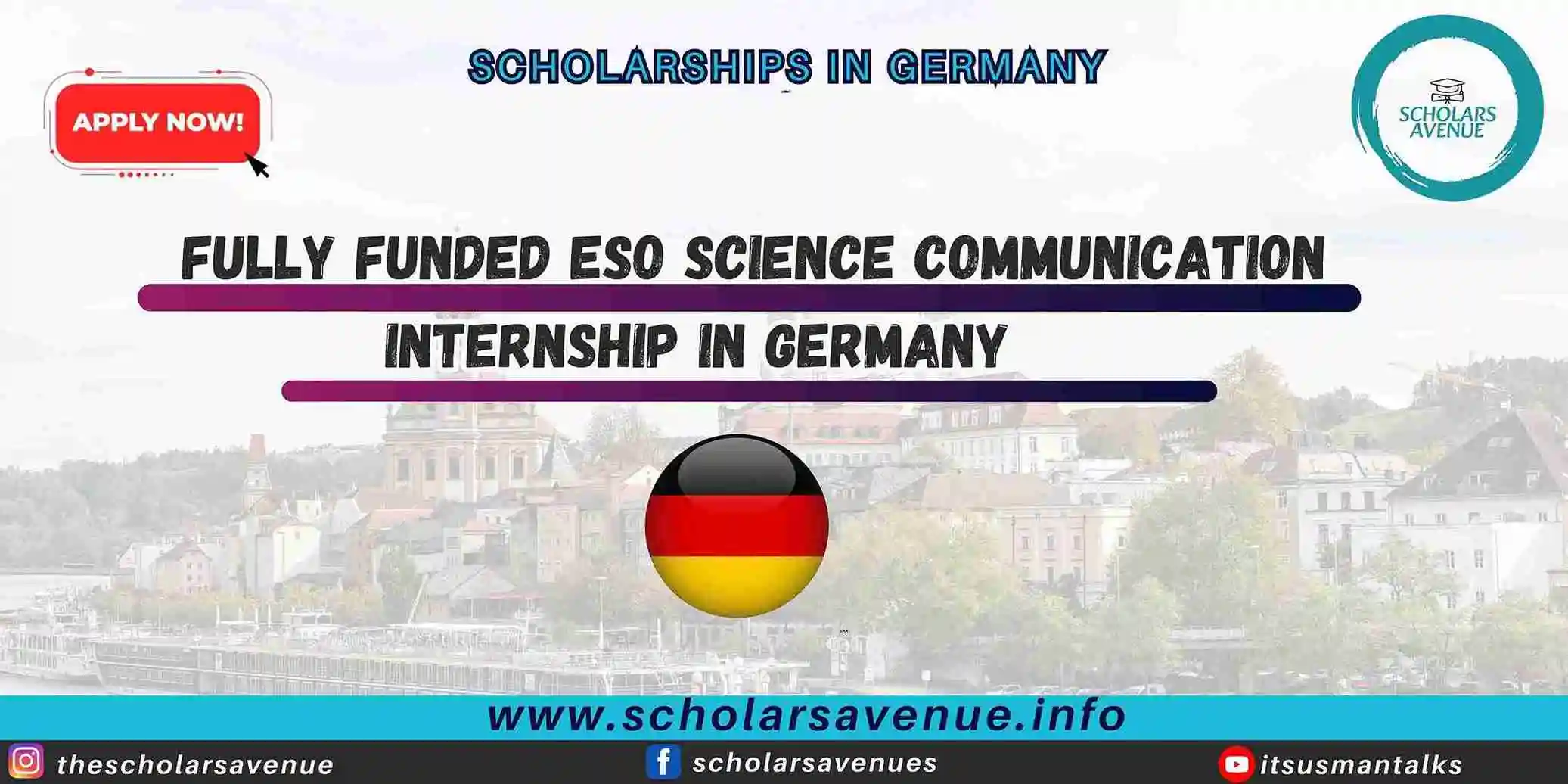Study in Norway for international students has become a major global trend thanks to the country’s publicly funded education system, strong research output, and consistently high rankings for quality of life. Norway hosts more than 20,000 international students each year, drawn by universities that appear in global rankings such as QS and Times Higher Education, along with degree programs taught entirely in English at both undergraduate and graduate levels. The country’s commitment to academic freedom and innovation, especially in fields like renewable energy, technology, maritime studies, and environmental sciences, makes it a strategic study destination.
Study in Norway for international students is also supported by transparent admissions procedures, national digital application portals, and standardized requirements that make the process easier to navigate compared to many other European systems. Although the cost of living is one of the highest in the world, students are compensated by safe cities, strong labor rights, and the ability to work part-time while studying. With tuition remaining free for all students at public universities until recent changes for non-EU applicants, and multiple scholarship schemes still available, Norway continues to offer a strong value proposition for learners worldwide.
Also check, Study in Austria For International Students | Complete Application Process
Pros of Study in Norway For International Students
Choosing to study in Norway for international students offers several major advantages:
- World-class education with strong research output
- Highly safe and peaceful environment
- Many English-taught master’s programs
- Strong employment prospects after graduation
- Modern, well-equipped campuses
- Stunning natural scenery and excellent quality of life
- Student-oriented cities like Oslo, Bergen, Trondheim, and Tromsø
- Part-time work opportunities for international students
- Excellent public transportation
- Strong focus on innovation and sustainability
Cons of Study in Norway For International Students
While Norway is impressive, certain challenges exist when choosing to study in norway for international students:
- High cost of living
- Tuition fees introduced for non-EU students
- Cold climate, especially in the north
- Limited English-taught bachelor’s programs
- Housing demand is high in big cities
- Social life may feel quieter compared to other European countries
How to Apply (Step-by-Step Guide)
A structured and clear application process ensures students planning to study in Norway for international students stay organized from start to finish.
1. Search for Suitable Study Programs
Explore English-taught programs using:
- Study in Norway Official Portal: This portal lists all available English-taught programs across Norwegian universities.
- University-specific application portals Each institution has its own system for applications.
2. Review Admission Requirements
Most universities require:
- Academic transcripts
- English proficiency test scores (IELTS, TOEFL, PTE, or documentation of English-medium studies)
- Curriculum Vitae (CV)
- Motivation letter
- Passport copy
- Application fee payment
- Letters of recommendation (for graduate programs)
- Portfolio for art/design programs
3. Apply Through the Correct Portal
Norway does not use a single unified system for all students. But most international students use:
- Norwegian Universities and Colleges Admission Service (NUCAS)
- Some universities require you to apply directly through their individual portals.
4. Submit Required Documents
Upload your transcripts, English proficiency proof, CV, motivation letter, and any required portfolios or tests.
5. Attend Additional Assessments
Certain programs may require:
- Interviews
- Portfolio submissions
- Entrance exams (rare but possible for technical fields)
6. Receive Your Offer Letter
If accepted, you will receive a conditional or unconditional offer via email or the university portal.
7. Complete Tuition Deposit & Start Student Visa Application
Once you accept the admission offer, the next steps include:
- Paying the tuition deposit
- Applying for a study permit via the UDI portal
- Preparing financial documents
- Scheduling your appointment at the Norwegian Embassy
Cost of Living in Norway
Students planning to study in Norwayf for international students should be prepared for relatively high expenses. Monthly estimates:
- Accommodation: 5,000–8,500 NOK
- Food & groceries: 2,500–4,000 NOK
- Transportation: 400–700 NOK
- Health insurance: 100–150 NOK
- Miscellaneous: 1,200–2,000 NOK
Total estimated cost: 10,000–16,000 NOK per month
Norway is one of the costlier European destinations, but living conditions and quality of life are exceptional.
Tuition Fees in Norway
While public universities used to be free, recent policies introduced tuition fees for non-EU students.
Average tuition costs when you Study in Norway For International Students:
- Bachelor’s programs: 80,000–150,000 NOK per year
- Master’s programs: 90,000–200,000 NOK per year
- Specialized programs: Higher depending on field
- Private universities: Generally more expensive
Also check, Study in Poland For International Students | Complete Application Process
Scholarships Available for International Students
Scholarships play a major role in reducing the financial burden for students who plan to study in Norway for international students. Below are the top funding options, each with clear eligibility, requirements, benefits, and program duration.
1. Norwegian Government Quota Scheme
A major government-funded opportunity aimed at supporting students from selected developing countries.
- Eligibility: Students applying for master’s or PhD programs.
- Requirements: Academic transcripts, English proficiency scores, passport copy, CV, motivation letter, and online application.
- Benefits: Full tuition coverage, monthly stipend, travel allowance, and health insurance.
- Duration: Full study program (2-year master’s or full PhD duration).
2. Erasmus+ Mobility Scholarship
A popular option for exchange or joint master’s students studying in Norway.
- Eligibility: Students enrolled in Erasmus-participating universities.
- Requirements:Nomination from home university, academic transcripts, learning agreement.
- Benefits:Monthly stipend, travel reimbursement, and partial tuition support.
- Duration:3 to 24 months.
3. BI Norwegian Business School International Scholarships
Competitive scholarships for high-achieving business students.
- Eligibility:Students applying to bachelor’s or master’s programs at BI.
- Requirements:Strong academic record, motivation letter, CV, and completed application for admission.
- Benefits:25 percent, 50 percent, or full tuition coverage depending on academic performance.
- Duration:Full degree duration (3 years bachelor’s, 2 years master’s), subject to yearly academic performance.
4. University of Oslo (UiO) International Master’s Scholarships
Funding designed for exceptional students enrolled in select master’s programs.
- Eligibility: Students admitted to eligible UiO master’s degrees.
- Requirements: Academic transcripts, English proficiency, and admission confirmation.
- Benefits: Full or partial tuition waiver and monthly living stipend.
- Duration: 2-year master’s program.
5. High North Fellowship Program
A regional program promoting cooperation and education in the Arctic.
- Eligibility: Students from Canada, Russia, Japan, South Korea, and the US applying to northern Norwegian universities.
- Requirements:Academic transcripts, passport, admission letter, and online application.
- Benefits:Tuition waiver, travel grant, and monthly living stipend.
- Duration:One to two semesters depending on the program.
Top Universities in Norway
These institutions are among the best choices for students who plan to study in Norway for international students:
- University of Oslo (UiO)
- Norwegian University of Science and Technology (NTNU)
- University of Bergen (UiB)
- BI Norwegian Business School
- NHH Norwegian School of Economics
- University of Tromsø – Arctic University of Norway
- Oslo Metropolitan University
- Norwegian School of Sport Sciences
- University of Stavanger
- Nord University
Also check, Top Scholarships in University of Massachusetts Amherst for International Students
Choosing to study in Norway for international students offers a unique mix of academic depth, scenic beauty, and a modern lifestyle. With hundreds of English-taught programs, advanced campuses, and a focus on research and innovation, Norway is an ideal destination for global learners. Although the cost of living and new tuition fees can be challenging, scholarships and careful planning make the experience accessible.
Looking to maximize your chances of acceptance?
Consider using our Professional Services to polish your application and stand out from the crowd.
For detailed videos on relevant opportunities check out:
Frequently Asked Questions (FAQs)
Is it expensive to study in Norway for international students?
Yes, the cost of living is high, with students typically needing 10,000–16,000 NOK per month.
Do Norwegian universities teach in English?
Yes, especially at the master’s level. Many programs are fully English-taught.
What are the tuition fees to study in Norway for international students?
Most programs range from 80,000–200,000 NOK per year.
Can international students work while studying in Norway?
Yes, students can work part-time up to 20 hours per week.
What are the best cities for study in Norway for international students?
Oslo, Bergen, Trondheim, and Tromsø are the most student-friendly.
Is IELTS required to study in Norway for international students?
Most universities require IELTS, TOEFL, PTE, or proof of English-medium education.
How long does it take to get a Norwegian student visa?
Typically 4–12 weeks, depending on embassy workload.
Are scholarships available to Study in Norway For International Students?
Yes, including government, Erasmus, and university-funded scholarships.
Can students stay in Norway after graduation?
Yes, graduates can apply for a post-study work permit (job-seeking visa).
Are bachelor’s programs available in English?
There are fewer options than master’s programs, but several universities offer them.










